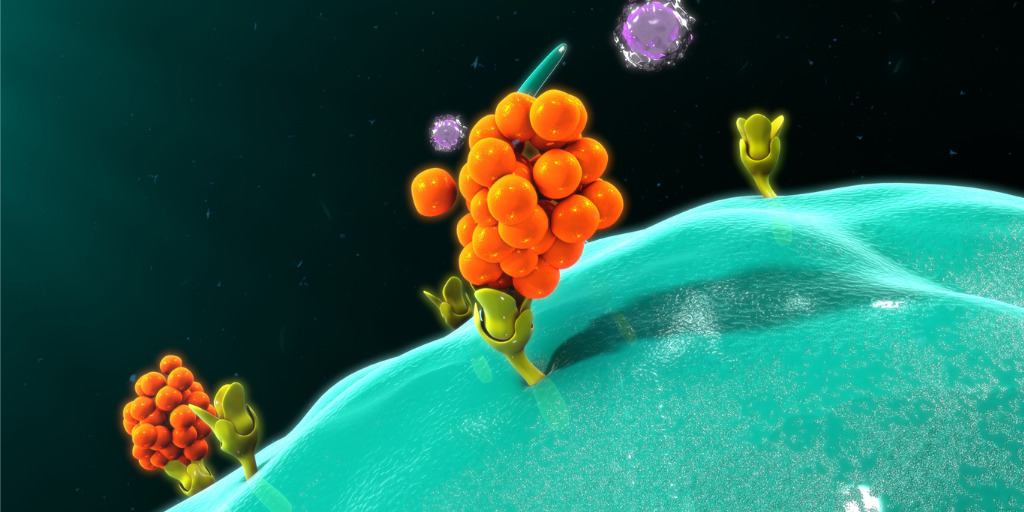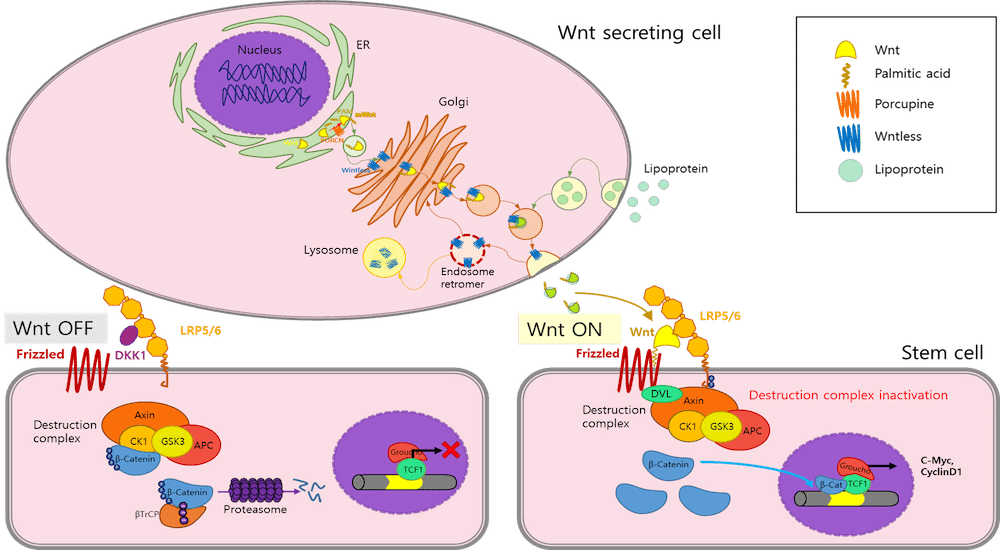Is treatable neuroinflammation the trigger for tinnitus?
tinnitus
Inflammation could be the mechanism driving tinnitus, suggests newly published US research. If so, it is more than likely treatable.

In recent years, inflammation in the body has become a major focus of researchers investigating a long list of conditions from arthritis to heart disease, diabetes, and even cancer. Such research tends to point to the host immune response creating inflammation as part of our defence process against a wide range of factors. The triggers for inflammation in one part of the body have often been linked to very distant areas, such as the link between periodontal disease in the mouth and adverse pregnancy outcomes. And the ways to combat inflammation are currently also the subject of much research. These include pharmacological and lifestyle solutions, but what is relevant is that inflammation can be treated.
Aware of this, the study's authors, led by Weihua Wang of the Department of Physiology, University of Arizona, Tucson, looked in mice to see if inflammation might play a role in tinnitus. Their results suggest that "noise exposure can initiate such a self-sustained, positive feedback loop of neuroinflammatory responses. Furthermore, noise-induced neuroinflammatory responses could result in excitatory-to-inhibitory synaptic imbalance and cause behavioral/perceptual pathologies such as tinnitus."
So, the idea is that inflammation causes an effect analogous to an on-off switch being stuck in the on position, with the auditory pathway continuing to register sounds in certain frequencies from exposure to noise. In their experiments, the researchers found evidence of pro-inflammatory cytokines, immune cells closely involved in the inflammation process. They then shut off the gene that results in the production of this cytokine—TNF-α—in one set of mice. When they used medication to repress this in another set, tests showed that the tinnitus disappeared. In the other direction too, their testing found that on introducing the cytokine into the auditory cortex of normal mice, and also mice who with no natural TNF-α, tinnitus appeared
"Neuroinflammation is the central nervous system's response to external and internal insults, such as infection, injury, diseases, and abnormal neural activity," states the study, available in full here in PLOS Biology.
"Our results indicate that neuroinflammation plays an essential role in a noise-induced excitatory-to-inhibitory synaptic imbalance and tinnitus in a rodent model," the study continues.
The research is likely to be controversial, not only because extrapolating from results in mice to human physiology leaves much room for doubt, but also over the method used to decide whether the mice were actually suffering from tinnitus. The testing in this study uses something called gap detection, whose efficacy is much debated. The mice were monitored for their acoustic startle reflexes to new tones; since tinnitus is a constant, it was assumed the mice would not hear the gaps between the tones.
Source: Medical Express


